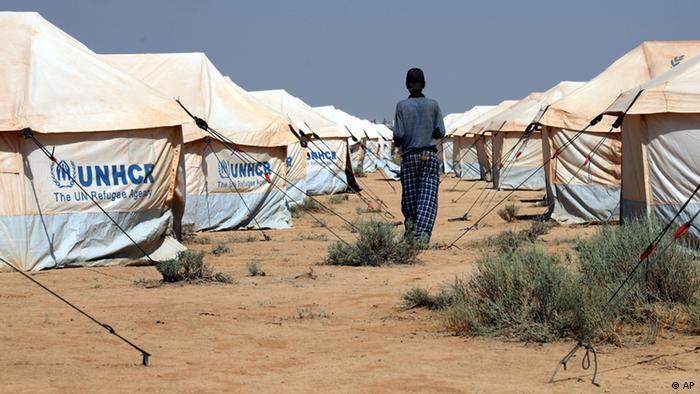- UN says Botswana’s “outdated” refugee law burdens UNHCR
- Has called on Botswana to allow refugees to work and move freely
TEFO PHEAGE
The government may yield to pressure from the United Nations and repeal its encampment policy that limits the free movement of asylum seekers and refugees.
It currently reviewing the Refugee (Recognition and Control) Act of 1966 after several United Nations reports stated that the law burdens the United Nations High Commission for Refugees (UNHCR), which is often the first line of contact for the plight of refugees.
Botswana confines refugees and asylum seekers in camps and does not enable them access to higher education and means of livelihood except with special permission. “Due to the outdated nature of the Refugee Law of Botswana and encampment policy, refugees are faced with challenges that prohibit their optimal exercise of basic human rights and exclude them from access to certain rights,” a recently released report said.
“They face deprivation and inequality as a result of the inability to freely move around beyond the confines of the camp and the prohibition to engage in any form of employment.”
A former permanent secretary in the Ministry of Defence, Justice and Security, Matshidiso Bokole, who presided over a review process, has commented: “The Botswana refugee law is being amended and by the time I left the ministry the Bill was being vetted. I hope it will be taken through all other legislative processes this year.”
Sources say while Botswana is willing to repeal the encampment policy, there are concerns associated with risks of doing so, most of which are security-related. But the UN has said the encampment policy has led to full reliance of refugees on UNHCR for basic needs such as food and non-food items for persons who should ordinarily have been self-sustaining.
“Extended periods in the detention centre awaiting status determination by the government and the further prohibitions faced by the refugee community in the camp place the community at risk of engagement in illegal activities as a means of sustenance and they often face detention for movement without possession of exit permits,” the recent report points out.
It adds that women and girls engage in survival sex in the host community of Dukwi where there is a high rate of truckers en-route to the Kazungula border. The reports note that these women are at high risk of contracting diseases and face gender-based violence, including from their partners who disapprove of their engagement in such activities to supplement their household needs.

